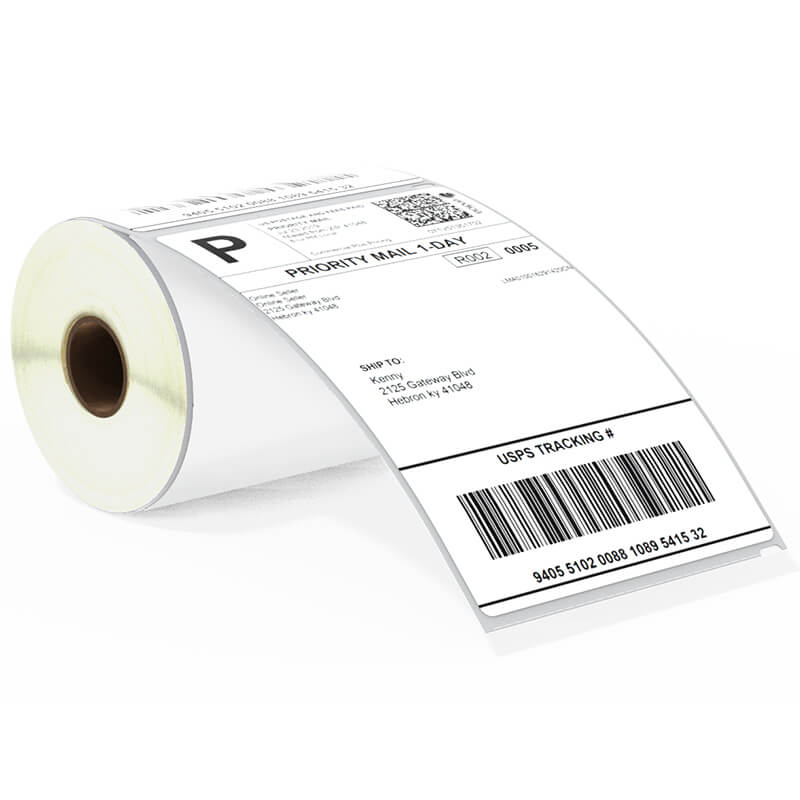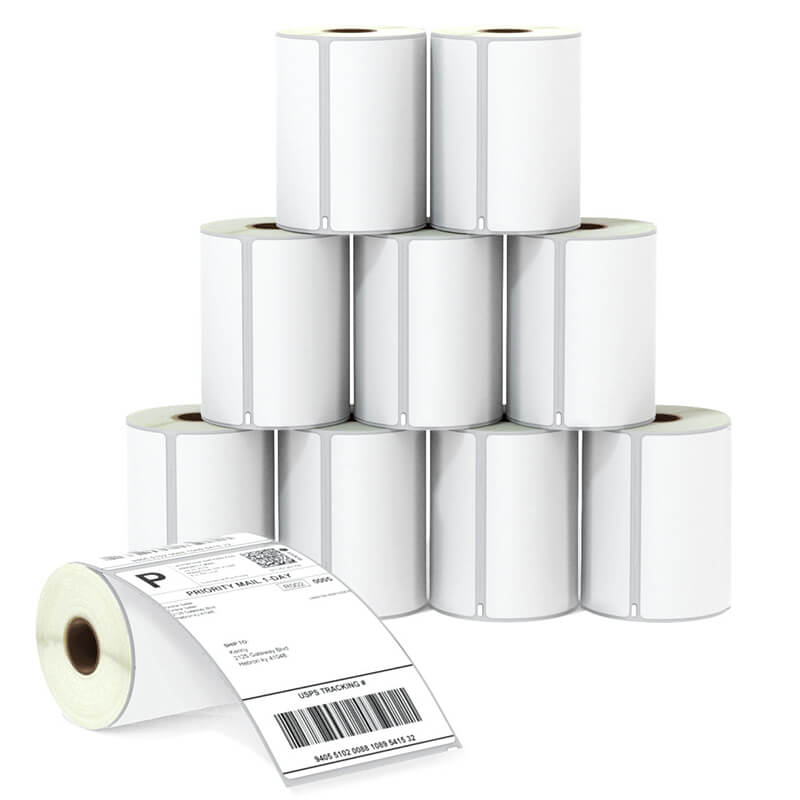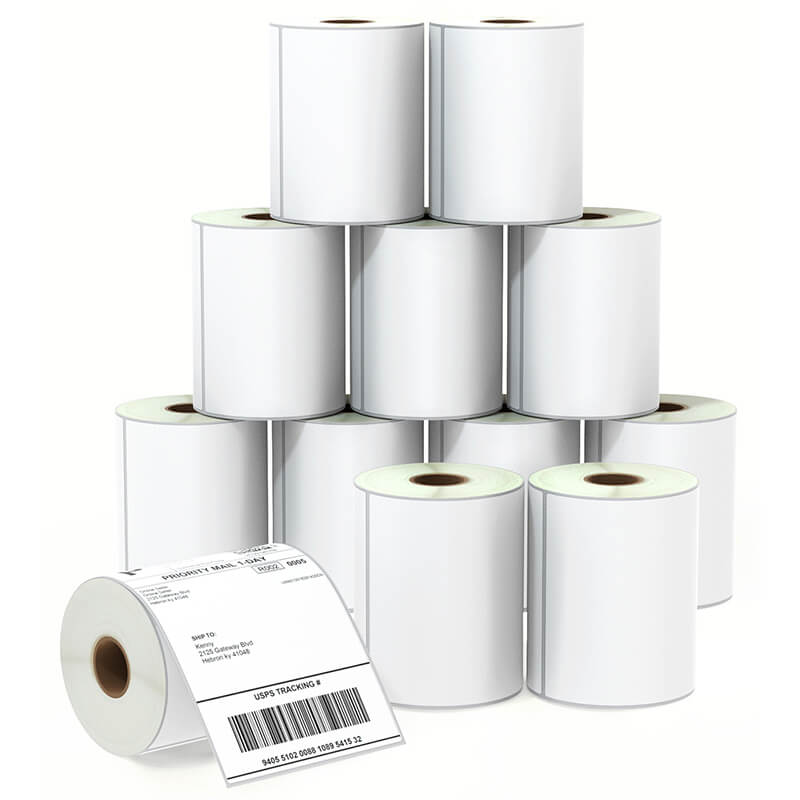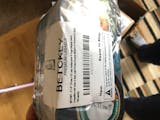How My Customers Teach Me to Be Salesperson
Abstract
- When asking your customers questions, inform them that these questions are in their best interest.
- Instead of asking them, provide them with all the available options when there are numerous questions.
- Give them a call to convey your enthusiasm. We all prefer doing business with a real person who is beneficial to us.

Introduction
Much like our brand Betckey, a top seller of direct thermal labels on Amazon, I am new to the B2B business but an experienced B2C professional. Honestly, I recognize that compared to other salespeople who have received formal training and accumulated several years of experience, I am a qualified B2B salesperson.
In our company, no one is familiar with B2B business, so I've had to learn it on my own, guided by my customers. In this article, I would like to share some sales tips that I've acquired from my customers.

1. When you ask customers questions, tell them why.
Quotes can vary depending on numerous factors such as quantities, lead time, shipping services, customization, and more. Therefore, when providing a quote to your customers, it's essential to ask a multitude of questions in one or just a few emails. This approach aims to avoid testing their patience with lengthy email exchanges. However, the challenge lies in the fact that people generally dislike being bombarded with numerous questions all at once.
One day, one of my resellers sent me a screenshot of his customers' feedback regarding all the questions I had asked. Don't doubt it. We value intermediaries like traders or resellers, and we never poach customers. What struck me was that he provided reasons for asking questions alongside each one, like this:
- What's the quantity you need (for the best discount)?
- What's the total time you prefer (for the best shipping option)?
- Do you have any customization requirements, such as pre-printing your own logo (for the best product)?
This made me realize that when you convey to your customers that all the questions are designed to benefit them, they are more likely to answer them willingly, rather than feeling annoyed.

2. When faced with many questions, avoid asking. Let them choose from options.
Our brand, Betckey, offers four different shipping options, each with varying lead times and discounts:
- Domestic package shipping: 20% off; 3-7 business days.
- Air freight when low stocks in the USA: 0-5% off; 8-18 days.
- Ocean Shipping: 29% off; 52-62 days.
- Ocean Pick-up: 39% off; 45-55 days.
Upon a customer's request for a price and total time comparison of these four options, I now regularly provide this comparison to all new customers. It not only saves time and reduces lengthy email exchanges but also provides a clear and convenient way for customers to choose the option that best suits their needs. They also appreciate the option for emergency inventory instead of waiting for ocean shipping.

3. Consider calling your customers if it's acceptable to them
One of my customers is a procurement manager at a Fortune 500 company. We quickly reached an agreement due to our competitive prices, and everything has been proceeding smoothly. However, he called me not for business but for confirmation and casual conversation.
He explained, 'I still want to call you to make us feel more connected,' when I asked him why he wanted to talk to me late at night. I couldn't agree more.
Calling your customers, letting them hear your voice and passion, can help them feel more connected and confident. There's always a certain disconnect when communication happens solely online
Conclusion:
It has been a valuable and fascinating experience to learn from my customers how to become a better salesperson. Making your customers feel that they benefit from your questions, providing options when there are too many questions, and giving them a call to convey your passion all contribute to building trust.
After all, we all prefer doing business with real people who bring us benefits.




